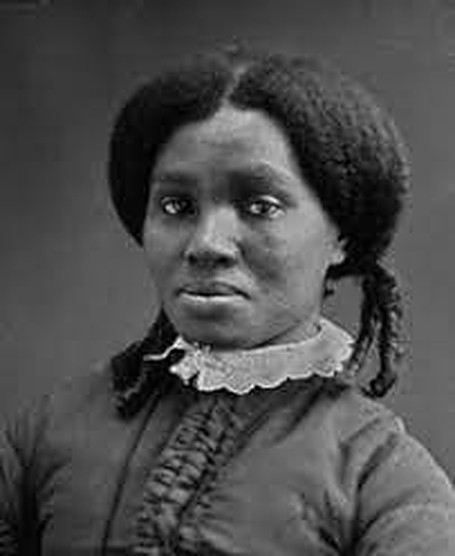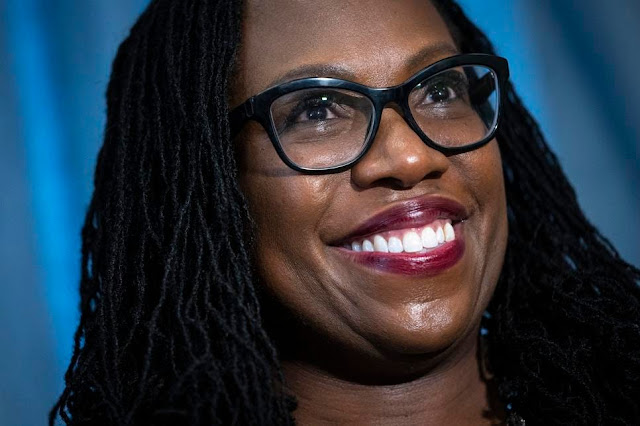Are We Still Touching Black Women's Hair Without Permission? Kelis's 'Touching' Hair Moment in Singapore
Natural style star, Kelis and her fabulous kinks were the talk of the town in Singapore! Kelis visited Singapore to perform at the Formula 1 Singapore Grand Prix Mandala Weekender festival which took place from September 20 – October 2. Kelis was seen sporting long honey blonde Senegalese twists at a local Singaporean coffee shop when two East Asian women approached her and began touching her hair. The women appeared to be enthralled and mesmerized by the twists. They stood over her while they discussed and examined the length and whether it was real or not. Kelis looked uncomfortable while the women stood over her. The women did not say hello to Kelis or stir up conversation before attempting to touch her hair. When Kelis jokingly touched one of the women’s hair in the same manner they'd done to her, the woman proceeded to pull her own hair as if to say, “this is mine” and then gave Kelis a thumbs up; a reaction which seemed kind of shady.
The singer posted the short clip to her instagram captioning the post “I don’t even know what to say here.” She discussed a little further how she was feeling in the comments section of her instagram post. “First, I was caught off guard. Second, they were enamored as they should be.”
Individuals in the comments section of the post expressed opinions about the scenario with the general consensus being that it was rude for the women to touch Kelis’s hair. African American women pointed out that no one should be touching black womens’ hair without their permission. Black women are protective of their hair and they don't want people randomly touching it. These are the reasons why songs like Solange’s “Don’t Touch My Hair” are made.
Commenter @queenjxhoney told Kelis: “You handled this well I just hate when ppl touch my hair! This ain’t no damn petting zoo lol 😭”
The history behind black and ethnic women’s hair has not been an easy one. Throughout history, Black hair has often been seen as less than or unwanted. During the past, some employers denied black people the right to wear their hair as it is and this led some black women to seek out beauty ideals that were opposite to the ones they were born with as it was ingrained that straight hair was equivalent to professionalism. In 1981, Dorothy Reed was suspended from her workplace (KGO-TV) for wearing her hair in cornrows with decorative beads at the ends.
Throughout the ages, black hair hasn't fit the mold of acceptable beauty standards which are often based on a European aesthetic. The struggles that Black women have had with their hair in America stems all the way back to the days of slavery where slave masters would stuff cushions or pillows with afro hair and refer to the hair as “nappy.”
These days, wearing natural textured hair in the workplace is no longer an issue as people and policymakers strive to create legislation such as the Crown Act. According to the Crown Act, people cannot be discriminated against due to the texture and style of their hair. The United States recently confirmed the first black female Supreme Court justice, Ketanji Brown, who proudly wears natural textured hair.
When an individual of another race touches a black women’s hair without permission this is called a racial microaggression. It’s more than just touching a woman’s hair unannounced. It is essentially denying a black woman respect and consent over her own body and identity. The problem is that people of other nations often lack understanding about cultural nuances and aspects surrounding black hair and are ignorant to the idea that black hair shouldn’t be touched without permission. This sentiment is realized when commenter @yunaisol8 said, “ I’m glad you grabbed her hair but clearly they didn’t understand how ridiculous it is to touch a stranger.” Though black hair has been highly politicized within the cultural framework of American society, it is much more prevalent and accepted now.
Kelis, always one to showcase amazing natural textured hair, was a good sport during this hairy situation. She appeared very patient and willing to let the women touch her. Black women should use these type of situations as a teachable moment. Ask someone who knows the language or use a translation app to correct individuals who touch your hair without permission. Inform them that they should ask permission before touching your hair and nicely explain to them why they should not do it to others. Let them know that they can ask you questions about your hair if they have any. Not only is the act of touching a black woman's hair a racial micro aggression, it too could be an issue of cleanliness and self-protection in a pandemic ridden era. After all, hands can possess the most germs.
A nice compliment by the Singapore women and a simple, “can I touch your hair?” would’ve made all the difference. Individuals of various cultures do need to be educated on the etiquette of other cultures where personal space is concerned as this happens all too often. Black women are not pets nor are they science experiments. Whether the hair is theirs or whether they are rocking extensions, it is their hair and it does not need to be touched.
#blackhair #kelis #naturalhair





Comments
Post a Comment